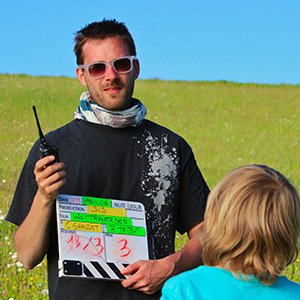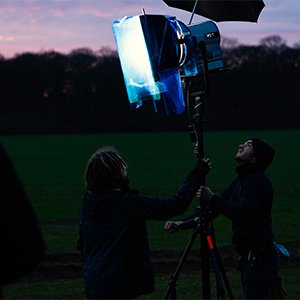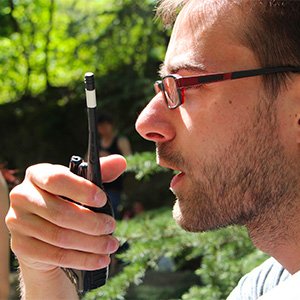
CHIEF SOUND OPERATOR
The assistant producer is the producer’s most important colleague. He or she is responsible for all aspects of planning the film shoot or audio-visual program and ensures that all stages of the project run smoothly. During the preparation phase, the production assistant analyzes the production project or script, writes the technical data sheets and draws up a work plan for the shoot in collaboration with the production manager. During filming, the assistant producer adjusts the work plan, organizes the direction, writes the call sheet and organizes and supervises the recruitment of extras where necessary.





































